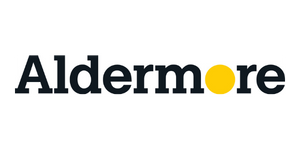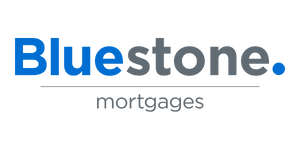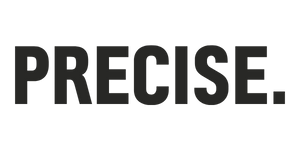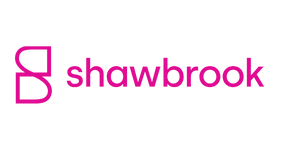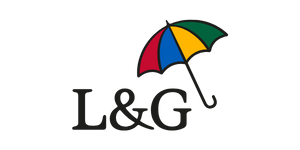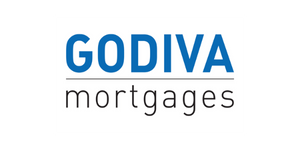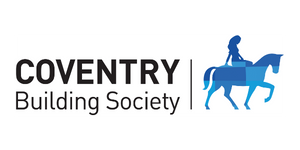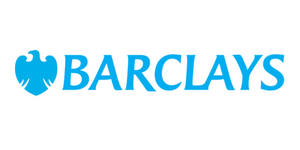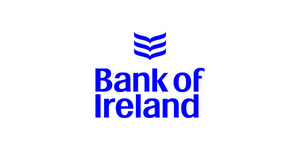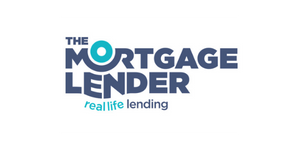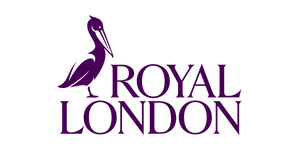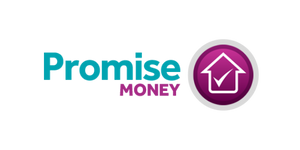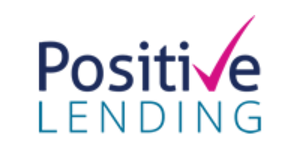Securing a mortgage as a self-employed professional is possible, and should never be a barrier to homeownership. While the process can be more complex, we are experts in self-employed mortgages, providing 'common sense' underwriting to find solutions tailored to your unique income situation. We have access to lenders who offer 95% mortgages and products for those with just one year of accounts.
What is a self-employed mortgage?
A self-employed mortgage is not a specific product, but rather a term that describes the way lenders assess your income and affordability. While regular employees have clear and consistent payslips, lenders look at a self-employed person's business finances to determine what they can afford. This includes:
- Net Profits
- Dividends
- Projected Profits
- Contracts & Business Conduct
Traditional lenders may be less sympathetic to fluctuating or irregular income. However, our experts specialise in finding the right mortgage for you by presenting your income in the best possible light.
How much can I borrow as a self-employed person?
This is one of the most common questions we hear. Lenders typically base their calculations on the same criteria as other applicants, using income multiples (e.g., 4 to 5.5 times your annual income).
The main difference lies in how they calculate your income:
- Sole Traders: Lenders will base your borrowing capacity on the business’s net profit.
- Partnerships: The amount you can borrow is assessed on the share of the profit allocated to each individual partner.
- Limited Company Directors: Most lenders will look at your salary plus any dividends you draw. However, some specialist lenders will consider your share of the company's net profits, which can significantly increase the amount you may be able to borrow.
Try our self-employed mortgage calculator to get an estimate.
How to prove your income for a self-employed mortgage
Lenders' self-employed mortgage requirements always need proof of income. You may be asked to show one or more of the following:
- Your accounts certified by a chartered or certified accountant.
Tip: Ensure your accounts are up-to-date and completed by an accountant who is a member of a recognised professional body.
- Your SA302 form or a tax year overview from HMRC.
Tip: You can obtain these documents directly from your online HMRC account.
- An in-depth business plan.
This may be required for newly established businesses.
- Evidence of future contracts
This is often a requirement for contractors.
What is an SA302?
An SA302 form is a document from HMRC that shows your income and tax calculations for a specific tax year. Most lenders accept SA302s that are printed at home or by an accountant, along with the corresponding tax year overview.
How long do you have to be self-employed to get a mortgage?
The majority of lenders will require a minimum of two or three years of accounts. However, it is possible to get a mortgage with less, which is why working with a specialist broker is so important.
Less than 1 year's accounts
While it is exceptionally difficult to secure a mortgage with less than one year of trading history, it is not always impossible. In very rare cases, some specialist lenders may consider an application if you have a strong business plan, a significant deposit, and a background of working in the same industry. Your best course of action in this situation is to speak directly to a broker to discuss if there are any options available.
Mortgages with 1 year's accounts
It is possible to obtain a mortgage with just your last year of accounts, although it is not straightforward. You may be seen as more of a risk due to your limited financial history. Lenders who offer this will likely look for:
- A larger deposit.
- A strong credit history with no recent defaults.
- Evidence of a clear business plan and a strong trading outlook.
By presenting your application in the best possible light, our brokers can help you increase your chances of obtaining a competitive product. For a more in-depth guide, read our full article on getting a mortgage with one year's accounts.
Getting a mortgage with 2 year's accounts
Lenders are more accepting of applications with two years of trading accounts and associated tax calculations. Typically, they will use an average of the two year's net profit for mortgage calculation purposes.
How different types of self-employment affect you
Sole trader
The application process is similar to that of a standard employee. A lender will assess your business finances, and your borrowing capacity will be based on the business’s net profit.
In a partnership
Most lenders will offer this type of mortgage. The amount you can borrow is assessed on the share of the profit allocated to each individual partner.
Limited company director
When assessing an application from a company director, most lenders look at the salary drawn plus any dividends. However, some specialist lenders have a different approach that can be a game-changer.
- Using Retained Profits: Some lenders will not count retained profits as income, which can make it difficult for business owners to get a mortgage. However, there are specialist lenders who will take retained profits into account when calculating affordability.
- Using Dividends: While some lenders accept dividends as income, others will look at the net profit of a company. It's possible to combine salary and dividends for calculations, but problems may occur if the total of these are higher than the company's net profit.
If you're a company director looking to use dividends or retained profits, speak to one of our expert advisors to discuss your options.


